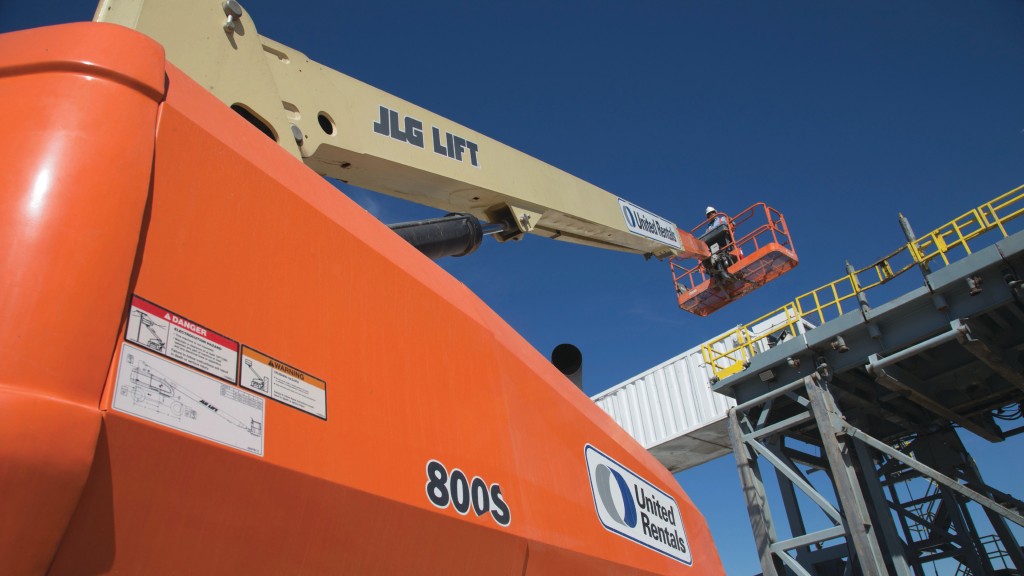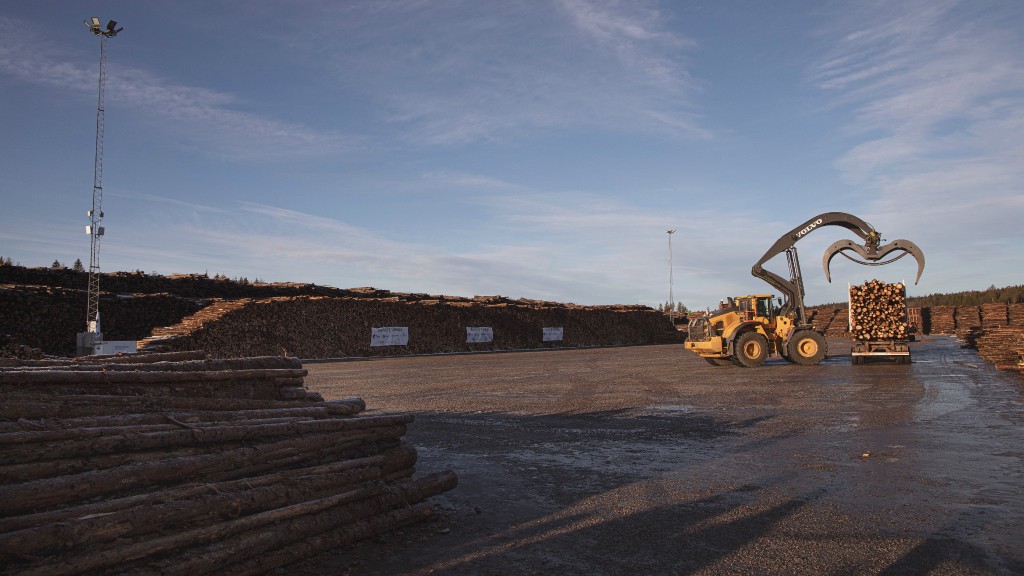
Keeping tabs on dozens or hundreds of pieces of rental equipment on a job site, including what's in use, what needs to be returned, and what's awaiting delivery or pickup, is a big job. When construction project timelines are running, contractors see using mobile technology as an important tool to make sound decisions and take action about equipment resources. United Rentals has outlined how contractors can use equipment rental mobile applications to improve fleet management, keep projects on schedule, and boost job site performance.
Equipment rental mobile apps bring consumer-like experiences to construction teams and make everyday fleet management tasks easier. They allow contractors to rent and manage equipment, including excavators, trenchers, aerial work platforms, backhoe loaders, and more no matter where they are located. Mobile apps enable workers at job sites to keep informed while on the go and empower them to take control of equipment resources to get work done.
"Mobile applications help contractors create high-performing job sites by allowing workers to know quickly what equipment they have, where it is located, how much they are paying for it, how often it is being used, and when they need to return it," said Paul Maddison, director of digital innovation at United Rentals. "Construction teams can see how their fleet is performing in real-time and make the right equipment moves to keep project performance on track and save money."
Five ways mobile apps can improve worksite equipment management
Find and order equipment
Contractor teams can use mobile applications to browse, search, and rent equipment inventory directly from a mobile device on a 24/7 basis whether at the job site, office, or home. Mobile apps can show a company's contract pricing during the order process and provide users with confirmations after equipment rental orders are placed.
View all equipment
Construction teams can use their mobile devices to view all their rented equipment listed by status, cat-class, and job site. Mobile apps can include search capabilities to locate specific pieces of equipment. They can help contractors close the "communication chasm" that can occur between an equipment order and when the machine arrives on the job site. Mobile apps provide visibility into order delivery status from pending to en route to delivered.
Control rental equipment
Mobile apps can allow workers to extend or off-rent equipment with a few clicks. Teams can use their mobile devices to schedule equipment pickups and receive confirmations which decrease the risk of discrepancies in returning equipment. The apps can be used to adjust rental dates on equipment, providing contractors with leniency windows to find ways to reduce costs. For example, if a company has multiple scissor lifts on rent and work is winding down, a contractor can decide which ones to return in order to right-size its fleet and minimize rental costs.
Monitor and manage equipment
Worksite teams can employ GPS technology from their mobile apps to know the precise location of rental equipment at all times. They can track the utilization of telematics-supported equipment in real-time and use this actionable data to make decisions on how best to deploy their fleet and save money on an underutilized fleet.
Request service
Mobile apps can allow teams to request service on rented equipment from anywhere, including the job site. In the app, users select the equipment issue, such as tire or hydraulic leak, add descriptive information regarding the issue, and attach equipment photos. Users receive a service confirmation number which is also sent to the local branch of the rental provider, which will then contact the contractor to schedule service. From a mobile app, users can see all their active equipment service requests in the app dashboard.



